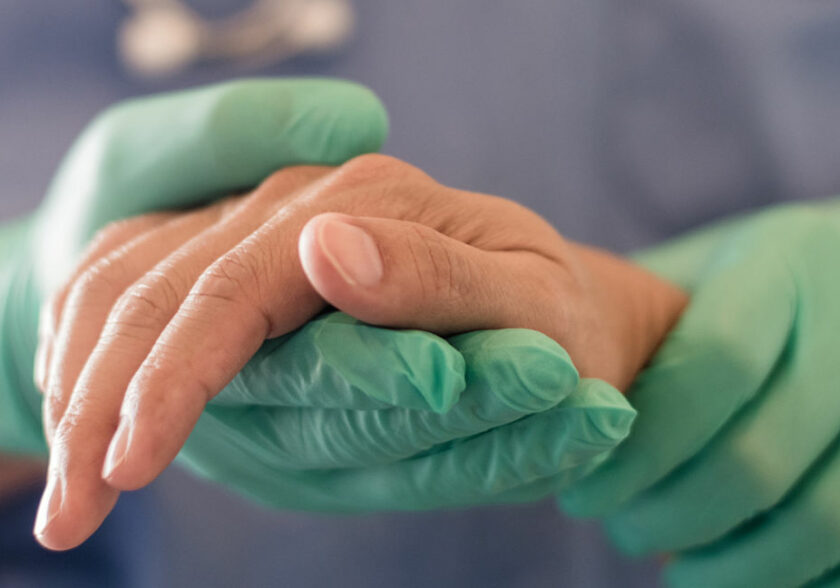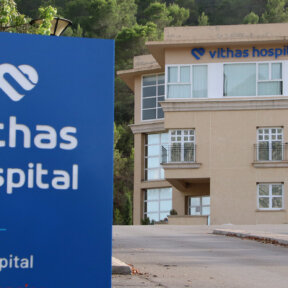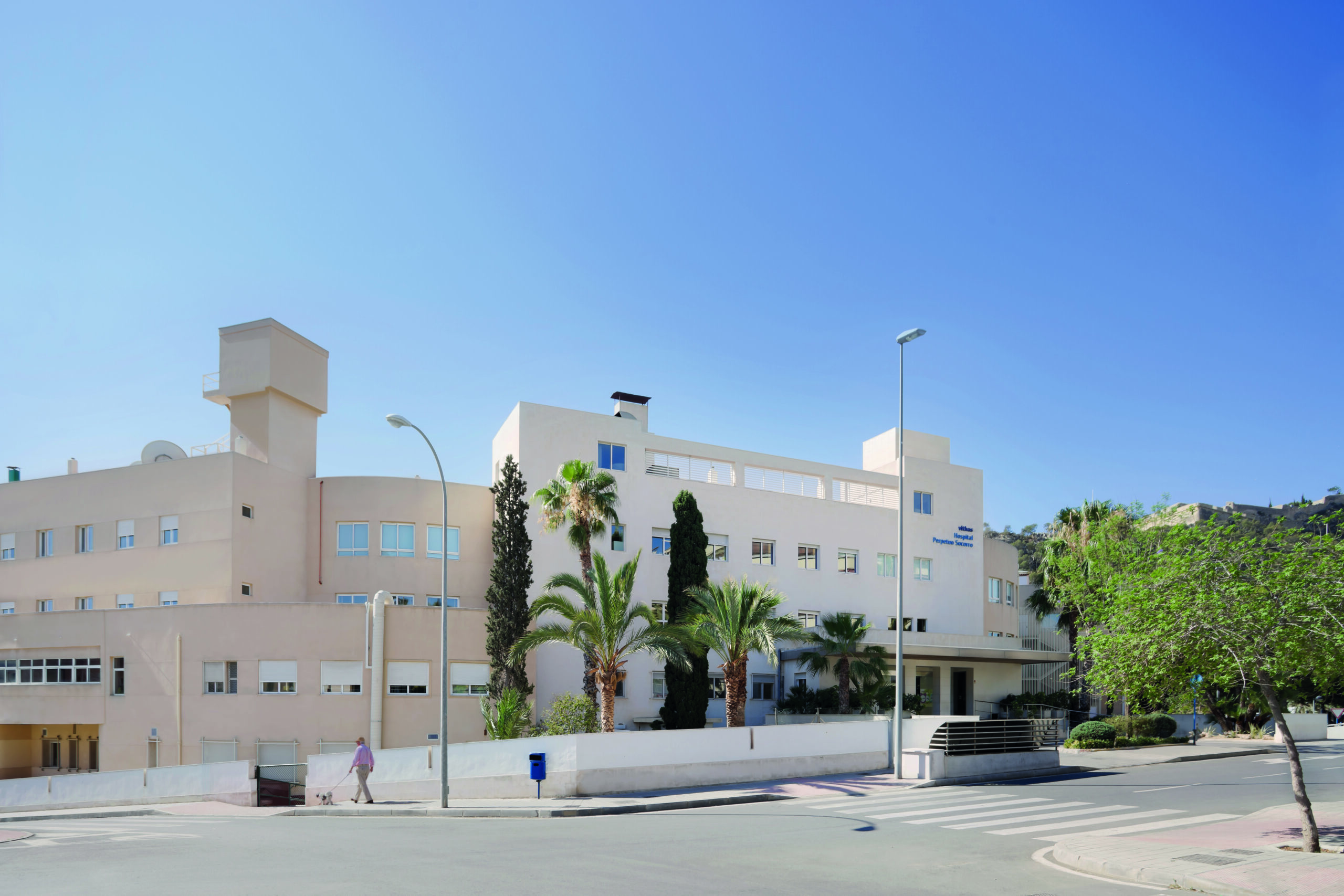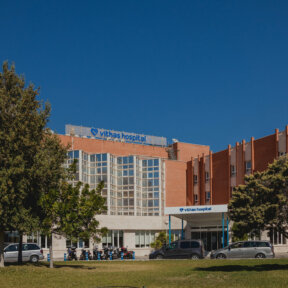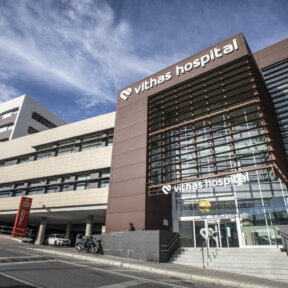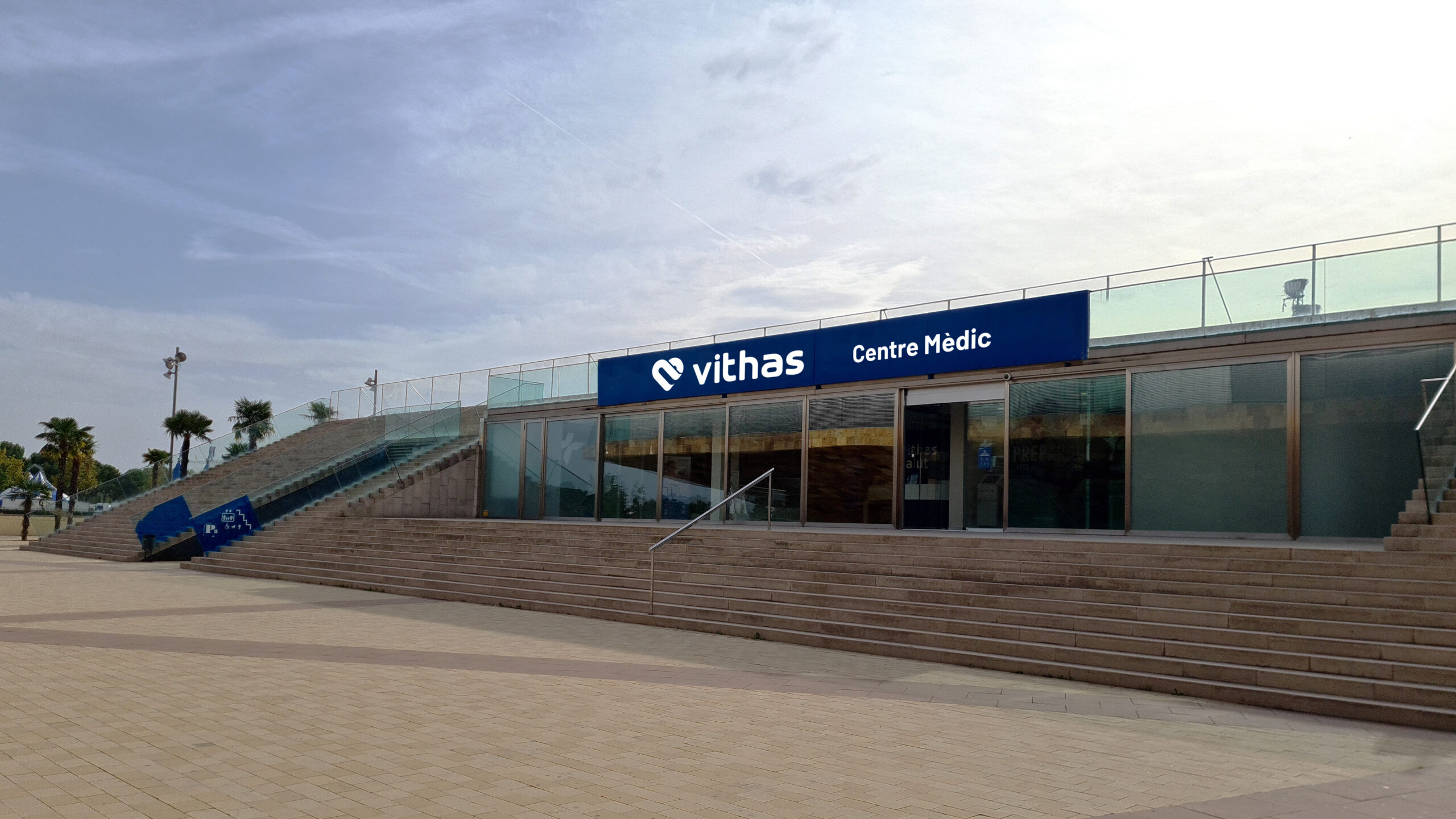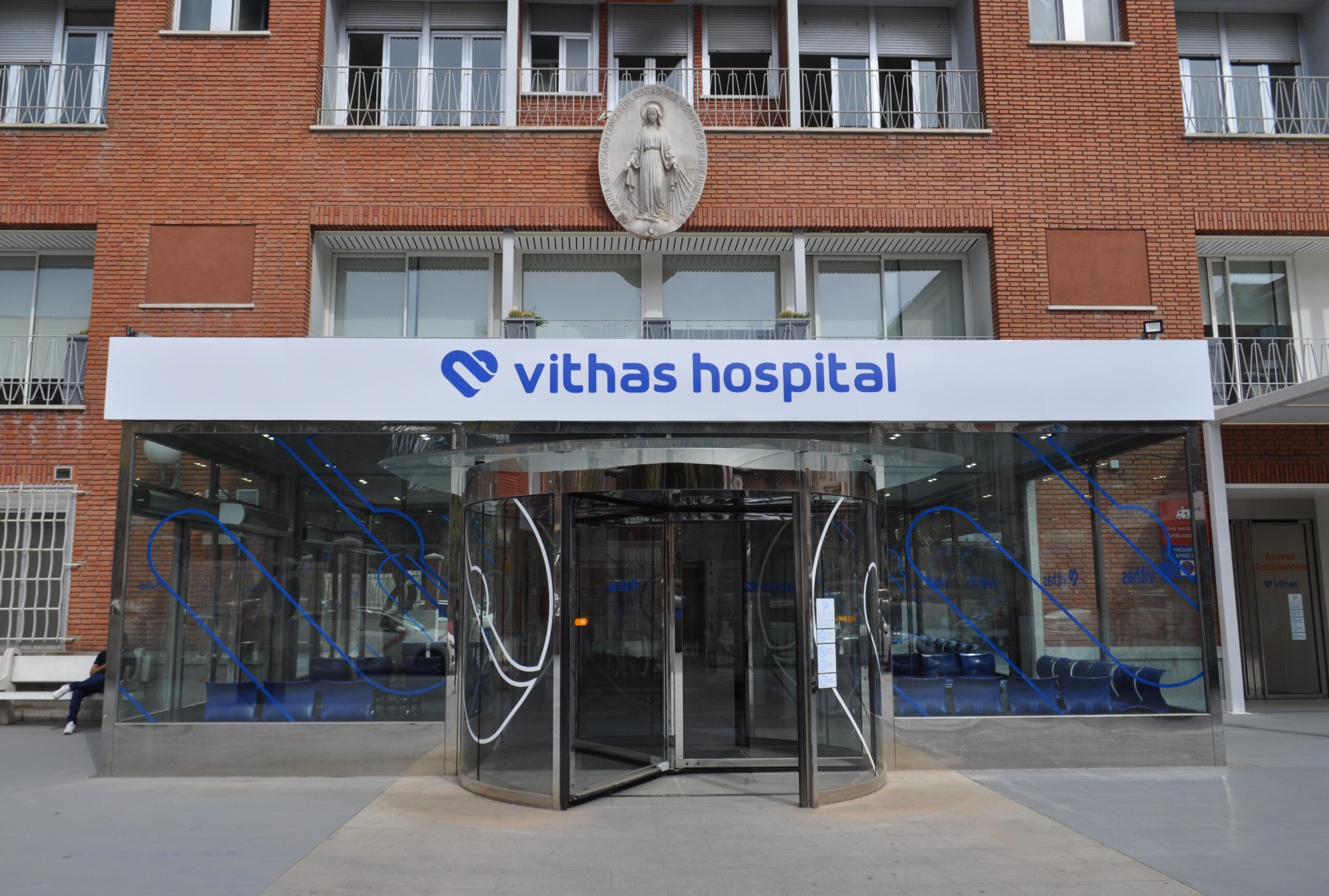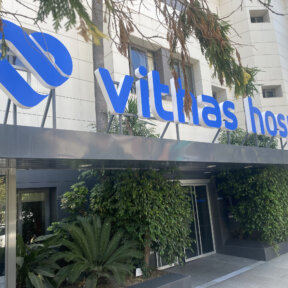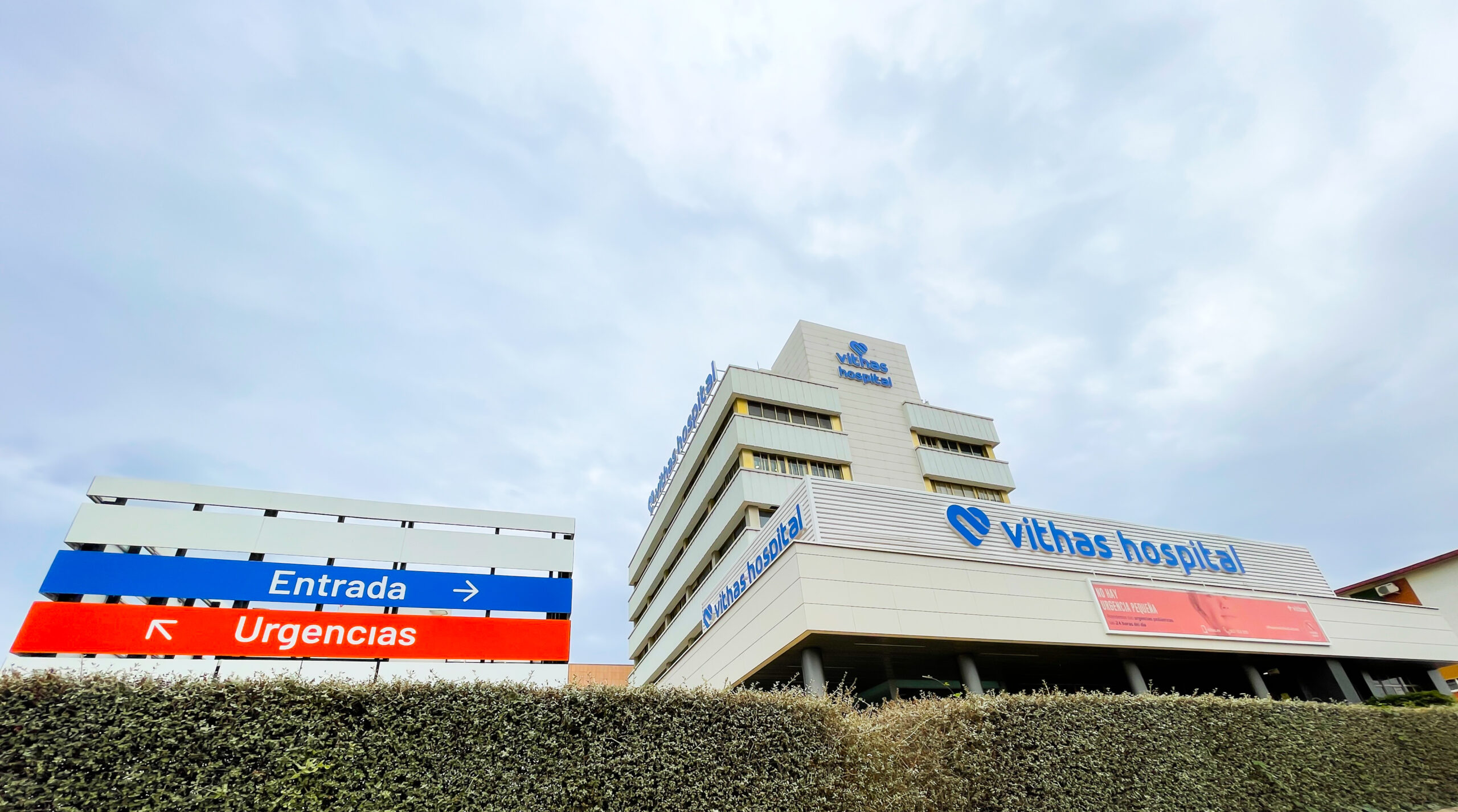What is anaesthesiology and resuscitation?
Anaesthesiology is the medical speciality dedicated to providing special care to patients during surgical interventions or other processes that may be bothersome or painful (endoscopy, interventional radiology, etc.). It is also responsible for treating acute or chronic pain caused by surgery.
The pre-anaesthesia consultation happens before any surgical intervention or process in which an anaesthetic procedure is required. In it, the anaesthesiologist performs an examination and takes your medical history and/or asks about any existing diseases. He/she also reviews the complementary tests that have been previously requested.
A basic preoperative exam consists of a complete blood test and optionally an electrocardiogram and a chest X-ray. In people with breathing or heart problems, additional tests (spirometry, echocardiogram, allergy tests) may be needed.
In the consultation, the anaesthesiologist will tell you the type of anaesthesia that will be used, the instructions you’ll need to follow beforehand (fasting, premedication, etc.) and you will sign the informed consent.
Which patients is it for?
Anaesthesiology contributes to the care of patients, of any age, who need anaesthetic support for different diagnostic or surgical interventions.
Main diagnostic resources and technology
- Ultrasound
- Anaesthesia machines
- Intraoperative monitoring: electrocardiography, pulse oximeter, capnograph, BIS, etc.
- Airway material: laryngoscope, fiberoptic bronchoscope, etc.
Main treatments
- Pre-anaesthetic visit
- General anaesthesia
- Sedation
- Regional anaesthesia: central nerve blocks (epidural, intradural), peripheral nerve blocks (truncal, terminal nerves, interfascial)
- Postoperative care
Areas of specialisation
There are different areas of anaesthesiology:
- Pre-operative assessment. Used to ascertain the patient’s comorbidities, stratify the risk and adjust the treatments to get the patient to the best physiological conditions for the intervention.
- Anaesthesia outside the operating room. In radiology, endoscopy, etc.
- Anaesthesia in the various surgical specialties: general surgery, trauma and orthopaedic surgery, gynaecology, otorhinolaryngology, ophthalmology, urology, paediatric surgery, cardiac surgery, vascular surgery, thoracic surgery, neurosurgery, maxillofacial and dental surgery, obstetric anaesthesia, endoscopies/bronchoscopies.
- Post-operative care in the post-anaesthesia recovery unit.
Special services
- Paediatric anaesthesia: for minors and children
- Major outpatient surgery: surgery in which the patient is treated without the need for admission and without using a hospital bed
Why come to our clinic?
All patients who are going to undergo diagnostic or therapeutic procedures that require anaesthesia/sedation should be assessed in the pre-anaesthetic clinic.
In the clinic, using a series of questions, examination and complementary tests, we assess the patient to classify what risks they present before the anaesthetic procedure.
While in the consultation, you will be informed of the different anaesthetic techniques that may be used, indicating the benefit/risk ratio of each of them.
Your anaesthesiologist will also tell you whether you need to discontinue/modify any chronic treatments, how many hours to fast before the procedure, etc.
FAQs
What are the different types of anaesthesia?
There are 3 main types of anaesthesia: local, regional and general. For the first one you will not be put to sleep, since only a small part of the body is anaesthetised. Regional anaesthesia also allows you to remain awake, but a wider area of the body is anaesthetised than in the previous case; and lastly, general anaesthesia affects the entire body and leaves you unconscious so that you don’t feel pain.
Is anaesthesia safe?
Yes, it’s safe. However, as with any medical procedure, anaesthesia can have side effects, such as nausea, for example.
To help ensure your safety when receiving anaesthesia, the practitioner will accompany you through the entire procedure by continuously monitoring every important function of the body and adjusting the anaesthetic as needed.
What should I check with the anaesthesiologist before the procedure?
It is important to talk to your anaesthesiologist before any procedure that requires anaesthesia. The anaesthesiologist will have a consultation with you before the scheduled surgery or before the procedure begins. During this consultation, they will review your background, your blood tests and any questions you have.
You’ll need to tell your doctor about your general health, if you have any allergies, if you have had any previous surgery, if you have had any problems with anaesthesia, if you’re taking medicine, if you have any speech or hearing problems, or if there’s a possibility that you are pregnant.
How and when will I wake up?
The time it takes to regain consciousness after anaesthesia depends mainly on the duration of the anaesthesia and the type of anaesthetic agents that have been used. Both of these factors vary depending on the type of intervention that has been performed.
When you wake up, you will be in the operating room with your anaesthesiologist or in the wake-up room, monitored by a specialised nursing team under the supervision of another anaesthesiologist.


